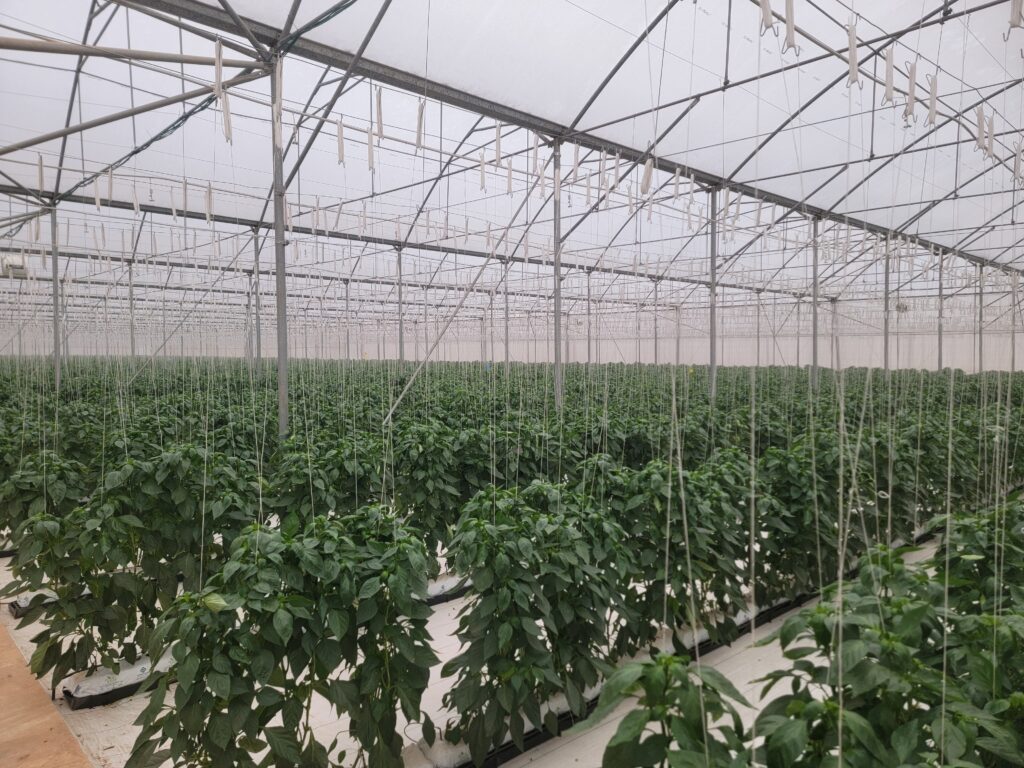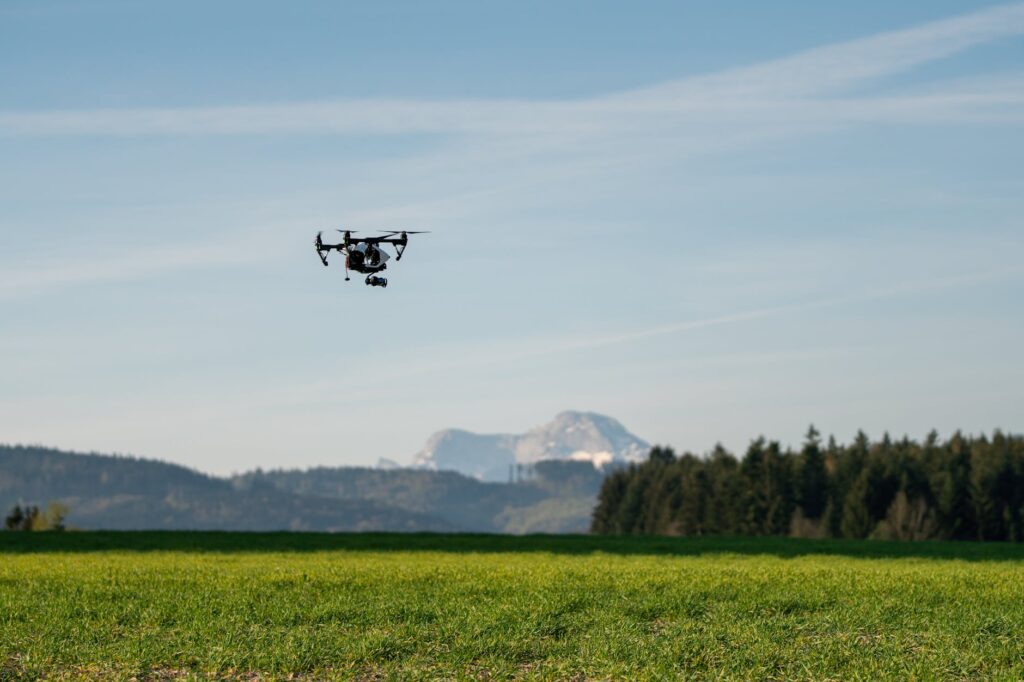Over the past few weeks, we’ve received an incredible number of questions, comments, and feedback from our readers, radio listeners, and online community. From aspiring poultry farmers and fishery enthusiasts to investors exploring coconut and cassava value chains, your curiosity has been inspiring. This special Q&A feature is our way of responding directly to your most pressing questions—practical, honest, and loaded with actionable insights to power your agribusiness success.
Let’s dive in together!
Q1: What role do technology and innovation play in modern agriculture?
A: Technology is revolutionizing agribusiness in Africa and creating new entry points for youth and startups. With tools like drones, GPS mapping, and soil sensors, precision farming helps farmers use inputs wisely and boost yields.
Agri-fintech platforms provide access to loans, insurance, and payment systems, while mobile extension services offer real-time advice on crop management and disease control. Add to that e-commerce and social media, and you have a powerful toolkit for bypassing middlemen and selling directly to consumers.
Whether you’re into processing, fish farming, or poultry, digital tools can scale your productivity and profits.
Q2: Our cooperative wants to start poultry farming—what should we consider?
A: Poultry farming, whether broilers or layers, is one of the fastest-return agribusinesses. But don’t rush in—plan properly.
- Location: Choose a site near markets but far from residential areas for biosecurity.
- Feed & Water: Access to high-quality feed and clean water is non-negotiable.
- Veterinary Care: Regular disease checks and vaccination schedules are critical.
- Business Planning: Draft a feasibility study and a farm plan tailored to your goals.
With Nigeria importing poultry worth billions, the local market is wide open. Whether you’re selling eggs or meat, there’s money to be made.
Q3: Is cassava really a goldmine crop? How do we start?
A: Absolutely! Cassava grows in nearly every soil type and yields well with little input. Nigeria is the largest producer globally, but we’re still not tapping its full value.
To succeed:
- Use improved varieties like TMS 419.
- Mechanize land prep to save time and labor.
- Plant at the start of the rainy season.
- Combine production with processing (e.g., garri, HQCF, starch).
- Build early relationships with bulk buyers and processors.
Done right, cassava can yield both cash and resilience.
Q4: I face constant setbacks in pig farming—what are the solutions?
A: Pig farming is lucrative, but disease outbreaks like African Swine Fever (ASF) can wipe out herds. Here’s how to manage:
- Biosecurity: Isolate new pigs, disinfect pens, and restrict visitors.
- Veterinary Care: Work with trained vets for regular checks.
- Market Networks: Partner with restaurants, processors, and pork shops to ensure steady sales.
Now, let’s talk profits—value addition is key. You can produce:
- Bacon, ham, sausages
- Smoked pork
- Bone meal, pig skin for leather, blood for fertilizer
This multiplies income and reduces waste.
Q5: What’s the outlook for fish farming and value addition?
A: Nigeria imports over $1 billion in fish yearly, so local production has huge potential. You can explore:
- Earthen ponds (budget-friendly)
- Cage culture (for lakes)
- Recirculating Aquaculture Systems (RAS) for urban spaces
Start small and scale with experience.
For value addition:
- Smoke or dry catfish
- Create fillets or fish powder
- Package for export (especially for the diaspora market)
This increases shelf life and adds serious value.
Q6: You always stress value addition. Why is it important?
A: Because value-added products fetch up to 300% more revenue than raw produce. For example:
- Tomatoes → tomato paste
- Cassava → HQCF, ethanol, starch
- Cocoa → chocolate or cocoa butter
- Milk → cheese or yoghurt
Value addition also boosts shelf life, branding, and access to high-paying export markets. In today’s agribusiness world, raw is out—processed is profit.
Q7: You talk positively about agribusiness, but what about the real bottlenecks?
A: You’re right. Agribusiness isn’t without its headaches, but we must focus on solutions, not just the problems. Here are the main challenges—and what’s being done:
Insecurity
- Problem: Banditry, kidnapping, herder-farmer clashes
- Solutions: Agro-Rangers, private security, tech-based surveillance (drones, geofencing), and secure farming zones
Poor Infrastructure
- Solution: Public-private partnerships (PPPs), rural roads, solar-powered cold storage, farm clusters
Limited Financing
- Solution: Agri-fintech, NIRSAL guarantees, donor-funded blended finance
Policy Instability
- Solution: Dialogue through AFAN/ASAN, consistent agri-investment laws, use of AI and blockchain for policy tracking
Weak Market Linkages
- Solution: Digital aggregators like Vendease, contract farming, export training
Post-Harvest Losses
- Solution: Cold chains, mobile mini-processing mills, GAP training
Low Tech Adoption
- Solution: Youth-led digital extension, USSD-based advisory tools in local languages
Bottom line? Agribusiness challenges are real—but fixable.
Q8: Is coconut farming worth the wait?
A: Definitely. With rising demand for coconut oil, water, milk, and flour, Nigeria’s coastal regions (Lagos, Ogun, Akwa Ibom) are now goldmines.
- ROI: Trees start fruiting by year 3–5 and can yield for 60+ years.
- Smart tip: Intercrop with vegetables or spices in early years to earn while waiting.
Q9: What are the best value-added coconut products?
A: Think diverse markets—food, cosmetics, and wellness. Top products include:
- Virgin coconut oil
- Desiccated coconut
- Coconut chips, flour, and milk
- Activated charcoal from shells
Proper branding and packaging can make these products export-ready and premium-priced.
Q10: How does value addition work for cassava?
A: Simple. Raw cassava might earn you ₦20–₦30/kg. But if you process into:
- Garri
- Starch
- High-Quality Cassava Flour (HQCF)
- Ethanol
… you could be earning three to five times more. Plus, processed cassava products store better, making you less vulnerable to market fluctuations.
Q11: How can poultry farmers make more money beyond selling live birds?
A: By going premium. Here’s how:
- Process birds into frozen chicken, sausages, or nuggets
- Brand your eggs in trays for urban supermarkets
- Market organic, antibiotic-free chicken to health-conscious consumers
With a cold chain system and smart branding, you’ll command top-tier prices and expand your reach.
Final Thought: Whether it’s coconut, cassava, poultry, or piggery—the future of agribusiness in Nigeria belongs to those who combine knowledge, strategy, innovation, and bold execution.
Got more questions? Let’s keep the conversation going!

